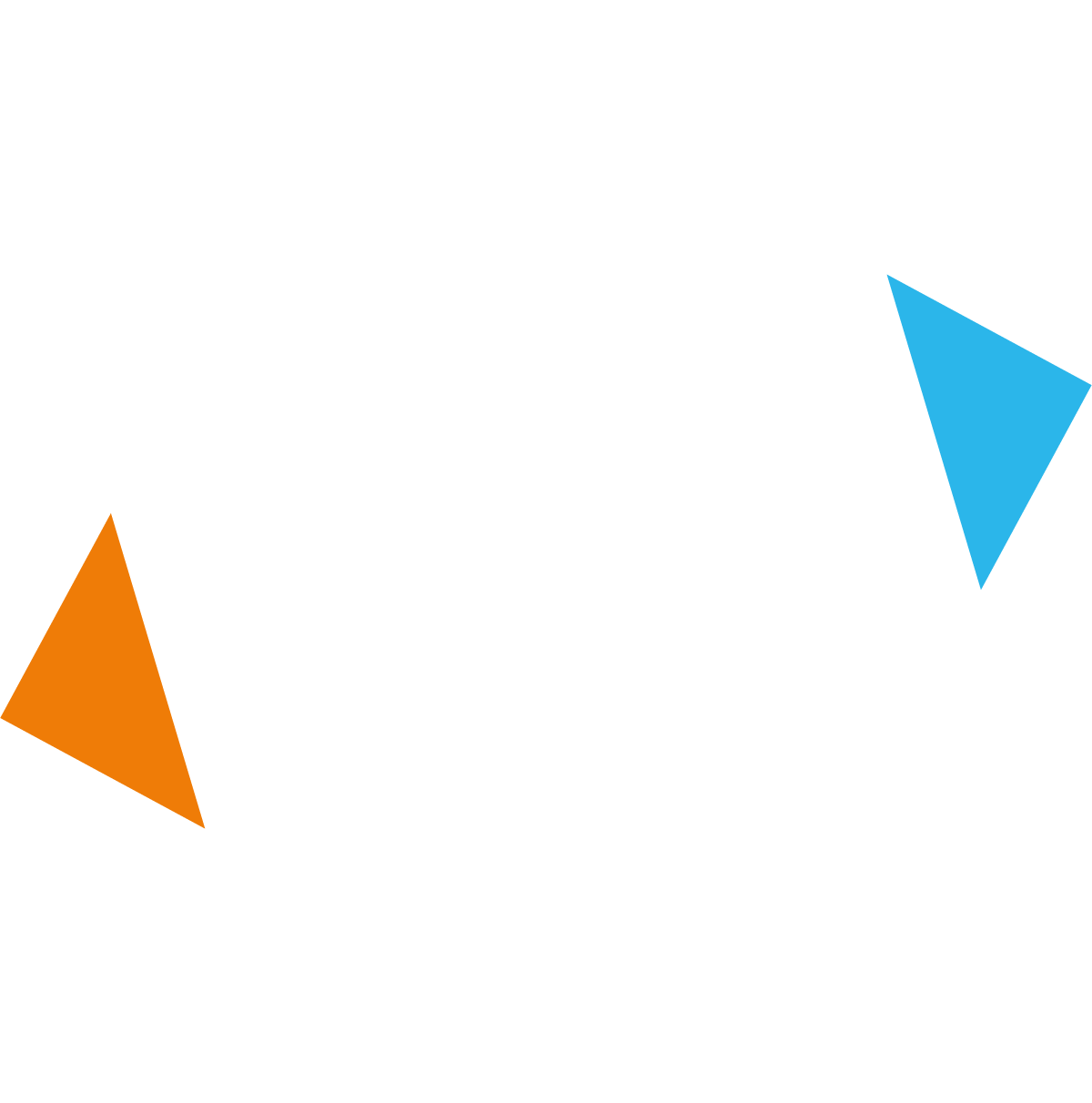Exhibition Opening Dates: 12 - 14 Nov 2024,
Cape Town International Convention Centre, Cape Town
Green ICT & the Sustainability Challenge
Championing sustainable energy as a route to affordable and reliable electrification for all, as a central pillar of Africa’s 4IR
About the topic
From the windy valleys of Eastern Africa, across the vast Saharan desert, into the surging Congo River, Africa is blessed with an enviable super-abundance of renewable energy resources. Every single nation on the continent has enough natural potential to meet its energy needs many times over. This, in itself, has not translated into the ‘Green Revolution’ hoped for by many - yet.
Africa sits on the precipice of a monumental opportunity - to be a genuine world-leader in the development and integration of sustainable energy solutions, and no industry stands to benefit from this more than information and communications technology.
If harnessed to even a fraction of its potential, the next 10 years could be a truly transformative decade for the African continent. But behind that ‘if’ lies many significant obstacles, the enduring electricity, internet and transport infrastructure challenges, lack of a cohesive trade and knowledge exchange framework, and inadequate sector investment. The irony is that many of the hurdles that imperil the industry, could also be solved by its innovation.
The good news is that many of the most powerful drivers of change already exist - natural renewable resources, potential for technological leapfrogging, and, perhaps most importantly, growing public awareness and pressure that demands political action.

Key sessions include:
Road to a Renewable Africa - The journey to build a greener continent
Status: Transforming African energy into a modern sustainable industry requires nothing short of a revolution - how much of the continent’s current energy renewably derived, and how is this changing? What’s happening in wind, solar and hydro at a regional level?
Hurdles: Significant challenges face the development of an international renewable energy program - basic infrastructure, out-dated, rigid policy, and slow investment are just a few
Partnership: Central to this new energy deal will be the ability to form partnerships that efficiently tap the knowledge and scale of traditional industry with the new thinking of the start-up scene - are the current frameworks for co-operation sufficient?
- COVID-19: The pandemic brought international travel to a complete stand-still, what impact has this had on fossil fuel use, and how can it be leveraged for future green momentum?
A new dawn for African solar energy
Opportunity: As a continent, Africa receives the world’s highest and most reliable solar irradiance, and is home to some huge solar energy projects - we’ll look at some of those while exploring why the vast untapped solar potential remains untapped
Affordability: Solar energy costs fell 77% from 2010-18 to <$0.10c per KW/hr, making it some of the cheapest energy per/W - this is driven by declining PV unit costs but the biggest challenge remains initial capex - how can novel funding models address this?
- Pay-as-you-go: Allowing users to pay for home solar systems on a credit, installment basis is connecting millions of off-grid users to electricity in SSA, often faster than the grid, and is integrated with mobile money - a truly modern solution
Eastern Power: Kenya’s pioneering journey to 100% renewable electricity by 2030
Tracking Kenya’s route to its current 90% electricity from renewables, and how it breaks down between solar, wind, & geothermal. What has Kenya got so right on governance, tech innovation and the initiation of huge renewable projects?
Exploring some of the country's largest green energy projects, including the role the 310MW Lake Turkana wind power project, one of the continent’s largest, has played in Kenya’s rise as a renewable power
Innovation Engine - Empowering Africa’s green ICT start-ups
Status: More than $200M was invested in African green energy start-ups in 2020, an impressive, and growing, figure but one that needs to grow by magnitudes to provide a viable alternative to the fossil fuel industry - is this investment growth likely in the next 5 years?
Fresh thinking: Perhaps the most valuable thing Africa’s green energy entrepreneurs can deliver is new, innovative solutions to one of the planet’s biggest challenges - climate change
Funding: Securing investment is a challenge for any start-up, perhaps nowhere more so than in the renewable energy sector. Challenges include slow return on investment, lack of interest from local banks and increased market volatility driven by the COVID-19 pandemic
Exploring Africa’s green ICT investment models
- New deal: Renewable energy is a relatively new sector and investment models are still evolving. What are the models for funding Africa’s green ICT projects? We’ll explore public, private, bilateral and multilateral funding models - alongside grants, subsidies & tax breaks
- Up-front cost: Unlike the fossil fuel industry, renewable energy projects demand most of the capital expenditure up-front. How are investors and governments adapting to these new funding models? Subsidizing project set-up with domestic funds, and carbon taxation
- Partnership: PPPs bring the best of the private and public sectors together to deliver renewable energy projects at scale, we’ll explore some of Africa’s most impactful
- Fertile ground: With competing international investment opportunities on-continent, governments need to build attractive ecosystems - the central goal is to design progressive, market-led policy that reduces bureaucracy and creates a stable operating environment

